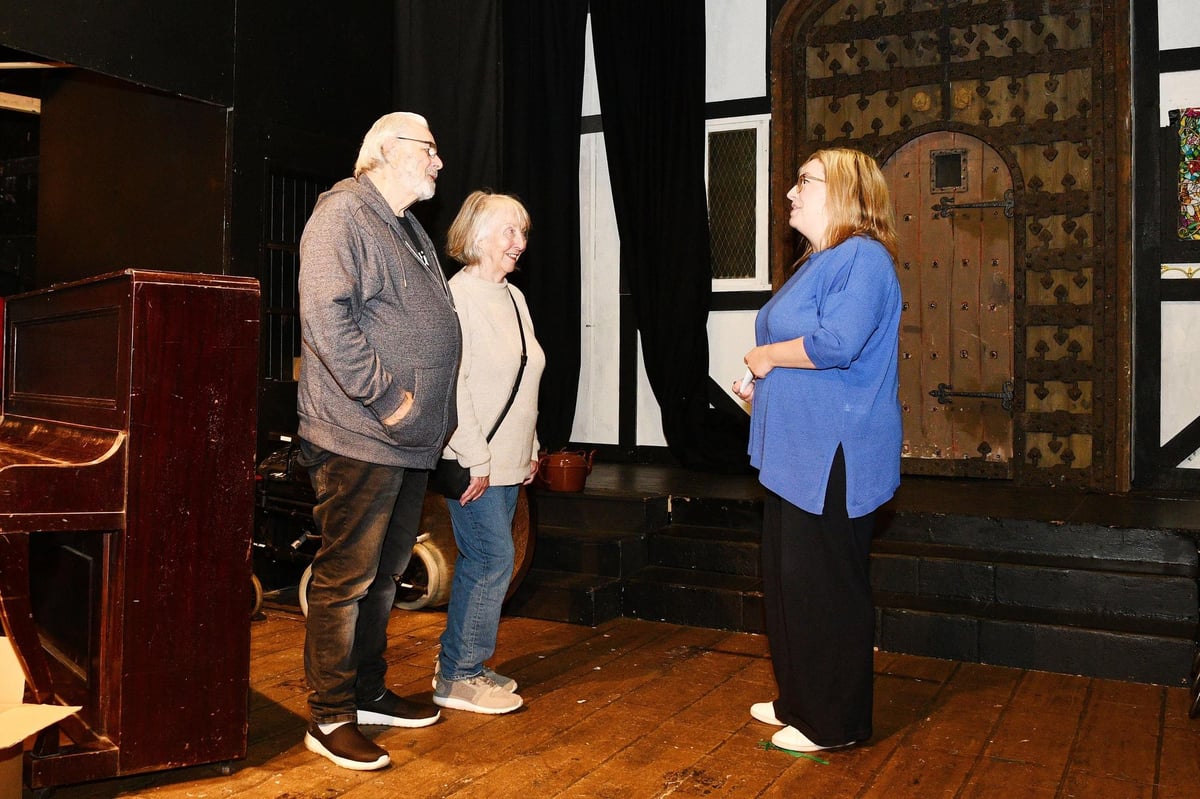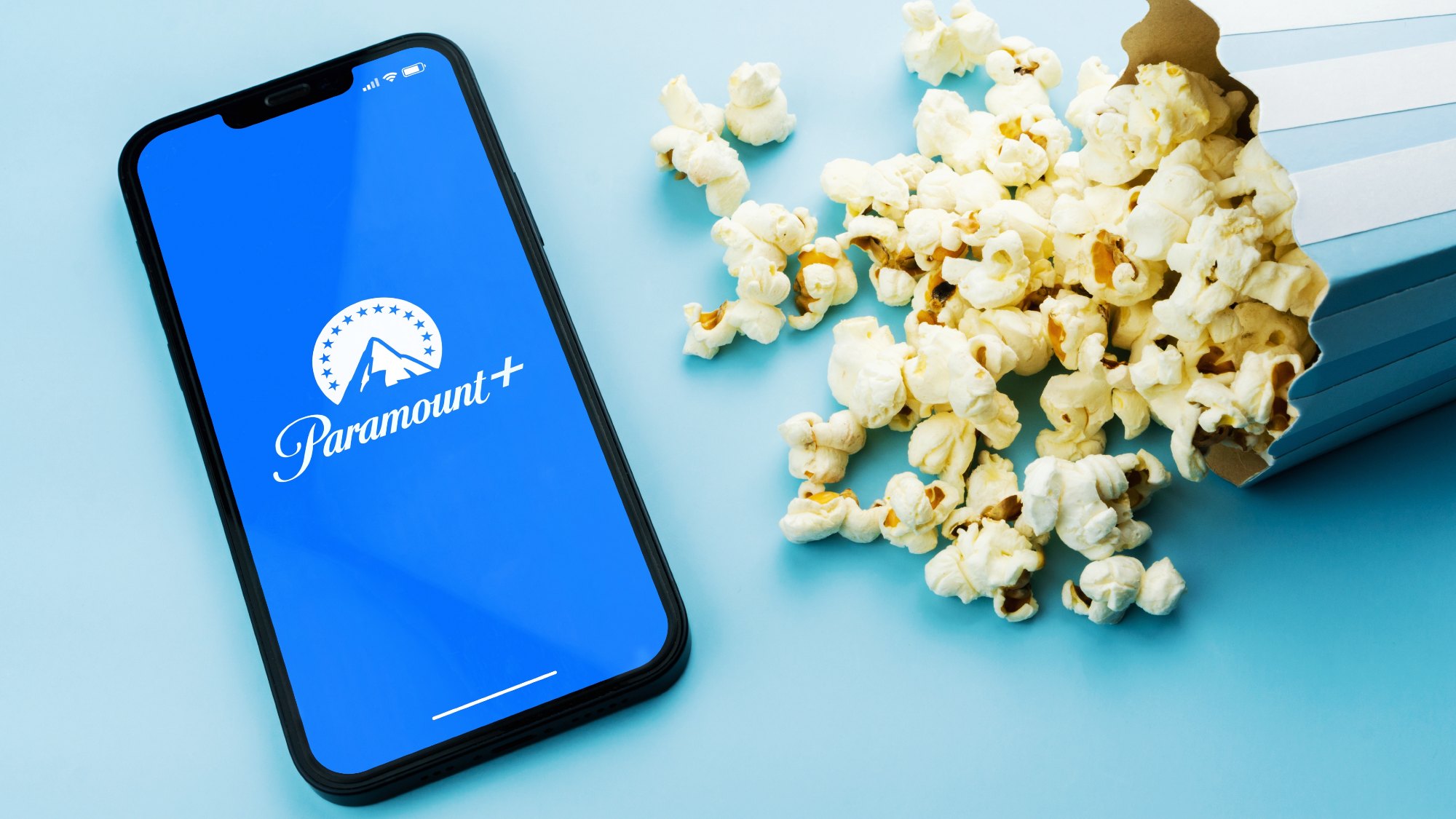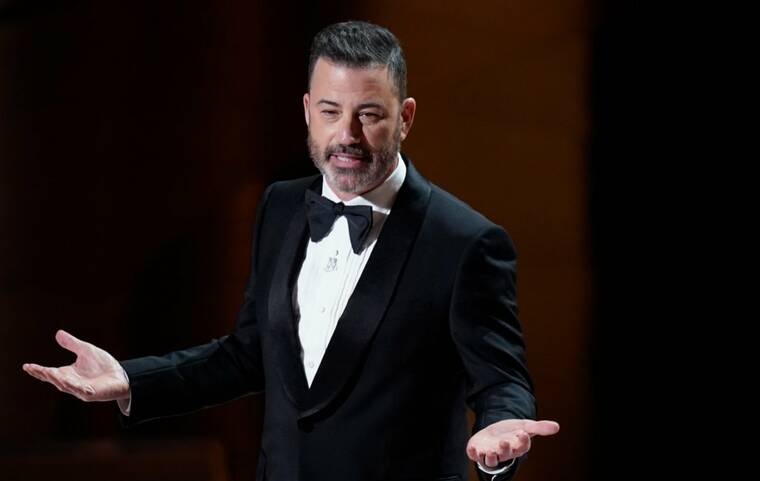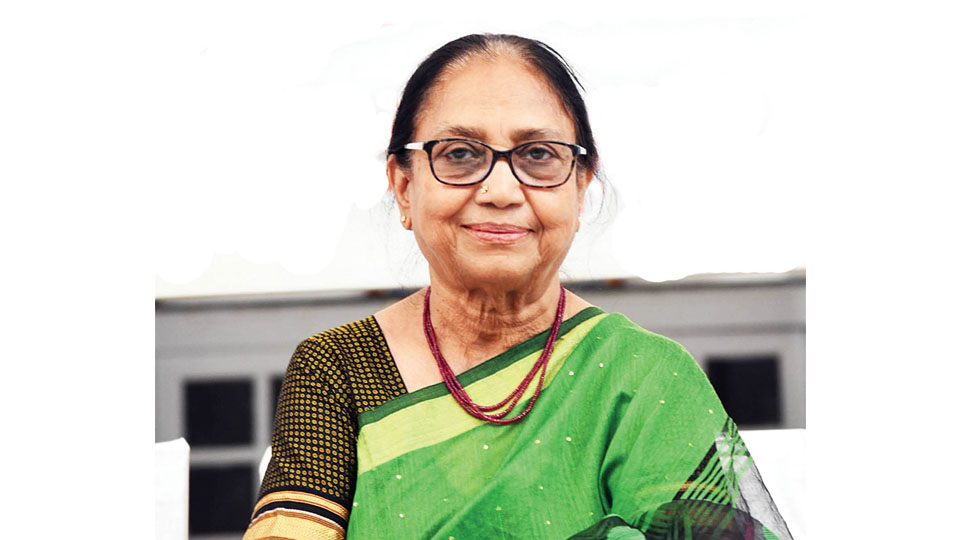By Nana Karikari,Seli Baisie
Copyright gbcghanaonline
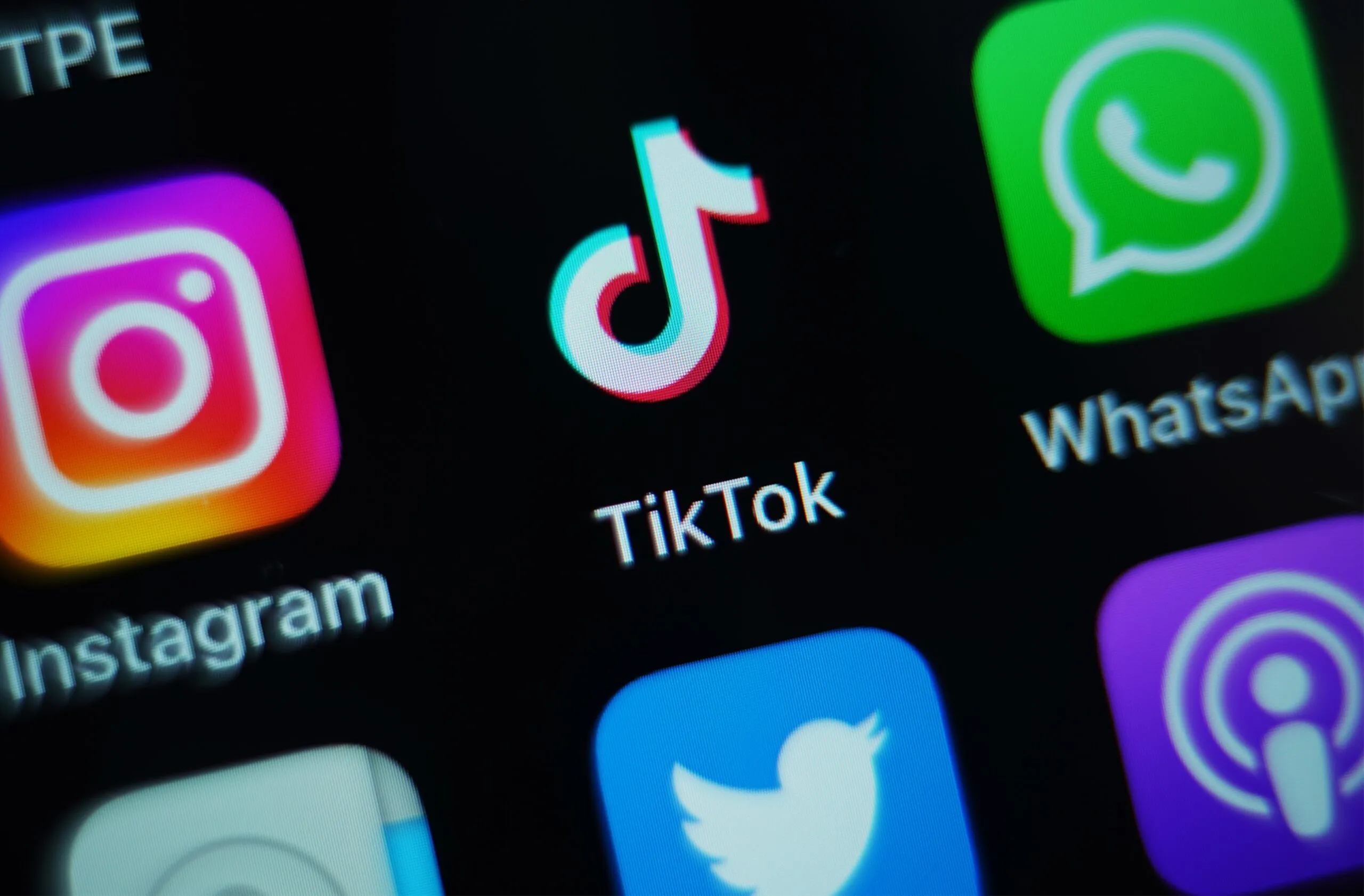
By Nana Karikari, Senior Global Affairs Correspondent
The seven-month prison sentence for David Kwodow Prah Afful, a Ghanaian TikToker who threatened to kill the President and other officials, isn’t just a local story. It reflects a mounting continental struggle: how African governments navigate the turbulent waters of a digital age where online platforms amplify citizen voices. Afful’s sentencing, coming on the heels of the recent arrests of Somali TikTokers, ignites similar debates across the continent. It compels a critical examination of the delicate balance between freedom of expression and the imperative for public order—a debate every African citizen must understand as the digital space becomes a primary arena for political contestation and expression.
Ghana’s Legal Reckoning: A Tiktoker’s Sentencing
The conviction of David Kwodow Prah Afful, known on social media as Kwame Nkrumah II, for threat of death and offensive conduct, marks a definitive moment in Ghana’s approach to online speech. His seven-month prison sentence for threatening to kill government officials, journalists, and civil servants brings to light the very real consequences of online incitement.
This case underscores a clear message from the Ghana Police Service: “While it upholds freedom of speech, it will not tolerate statements that incite violence, insecurity, or public disorder.” The police action and the court’s decision are a direct application of the legal limitations on free speech enshrined in the Ghanaian constitution, highlighting the government’s commitment to enforcing public order in the digital space.
Somalia’s Arrests Mirror Ghana’s Digital Dilemma
In a chilling parallel, the recent arrest of four young Somali TikTokers for allegedly insulting President Hassan Sheikh Mohamud mirrors Ghana’s own digital dilemma. Somalia’s government operates within a complex and perilous security landscape, constantly battling the al-Shabab militant group, which uses platforms like TikTok for propaganda. This context shapes the government’s harsh stance on online content. Police spokesman Gen. Abdifatah Aden’s warning that anyone engaging in similar acts would “face the full force of the law” reflects a belief that such behavior undermines state authority and could destabilize a nation still in recovery. This viewpoint prioritizes national security over unbridled expression.
Yet, a substantial segment of the population, particularly the youth, views platforms like TikTok as a vital space for political commentary and satire. The arrests have ignited a fierce public debate. Human Rights Watch points out that while Somalia’s provisional constitution guarantees freedom of speech, the country’s penal code contains vaguely
defined offenses that are frequently weaponized against government critics. The government of President Mohamud has a history of facing corruption allegations and accusations of nepotism, which could be seen as motivations to control dissent.
A young Mogadishu resident, who asked not to be named for fear of reprisal, told reporters, “We use TikTok to escape the fear and a little bit of humor. They are telling us our lives and our voices do not matter.” This deeply human angle underscores the struggle of young Africans to find and use their voice in societies with deep-seated traditional structures and ongoing conflict.
Ghana’s Parallel Path: A Legal Reckoning
The Somali situation strikes a resonant chord in Ghana, a country celebrated for its democratic stability and free press. President John Mahama’s warning that individuals using social media for insults and hate speech would be traced and prosecuted under criminal law echoes the Somali government’s approach. This stance came after chiefs and other traditional leaders urged action against the “politics of insult” on social media.
Ghana, unlike Somalia, has a rich history of legal reform. The country famously repealed its long-standing Criminal Libel Law in 2001, a landmark achievement that fostered a vibrant media landscape. But with the rise of social media, the debate has shifted. Professor Audrey Gadzekpo, a prominent Ghanaian media and communications scholar, has argued, “While the abolition of criminal libel was a great step, we have new challenges. The right to freedom of expression is not absolute. There are limitations for good reason, but we must be careful not to create new laws that are used to silence critics.”
The Ghanaian Constitution (1992) guarantees freedom of speech, but Article 164 makes this right “subject to laws that are reasonably required in the interest of national security, public order, public morality and for the purpose of protecting the reputations, rights and freedoms of other persons.” This legal provision is the basis for President Mahama’s warning and shows a similar legal balancing act to the one playing out in Somalia.
The President’s Shifting Stance and Political Bias
For many Ghanaians, the President’s recent hardline position presents a notable shift. Critics on platforms like Modern Ghana and GhanaWeb have highlighted this apparent change in his public position. As an opposition leader in 2022, John Mahama reportedly condemned the then-ruling government for “criminalising speech and journalism.” His newly elected government has, however, arrested four opposition-aligned TikTok content creators in September 2025, actions viewed as contradictory to his previous stance.
This recent political crackdown is not isolated. In August 2025, two other Ghanaian TikTokers, Prince Ofori and Yayra Abiwu, were arrested for allegedly making threats against President Mahama and First Lady Lordina Mahama. While the arrests were justified by police as a response to threats of violence, they have sparked accusations of political bias and a double standard. The opposition New Patriotic Party’s 3rd Vice Chairman, Osman Masawudu, slammed the police statement on a separate arrest as a “ploy to mislead Ghanaians,” indicating a clear partisan divide. Conversely, the ruling National Democratic Congress (NDC) has often defended the need for law and order. This dynamic adds a powerful human dimension to the debate in Ghana, as citizens weigh the government’s current actions against its past rhetoric and deeds.
The Pro- and Anti-Arrest Arguments
The arrests of Ghanaian TikTokers have ignited a fierce debate among the public, civil society, and legal experts. In support of the arrests, proponents argue that the online space cannot be a “lawless jungle.” A prominent lawyer, who preferred to remain anonymous, stated, “Freedom of speech does not include the right to make threats or spread false information that can incite public disorder. The police are simply doing their job to protect national security.” This position is often echoed by government officials who point to the need for public order and the prevention of incitement to violence. A young Ghanaian woman, speaking on a popular radio show, explained, “Some of these TikTok videos are just too much. They are full of insults and lies. If it was my father they were insulting, I would want them arrested too.”
Opponents of the arrests, however, argue that these actions are an attempt to stifle dissent and create a “culture of silence.” The opposition NPP has been vocal on this issue. “These arrests are politically motivated and a clear signal that the NDC government will not tolerate criticism,” said a spokesperson for the party. A legal analyst for a civil society organization, speaking on condition of anonymity, noted, “The real danger is that the police are using vague laws to punish people for political speech. This is a slippery slope that undermines our democracy.” Another Ghanaian youth, a university student, told reporters, “TikTok is the only platform where we can speak truth to power without fear. When they start arresting people, they’re not just silencing a few voices, they’re silencing a whole generation.”
A Continental Concern: The Double-Edged Sword of Social Media
The actions in Somalia and the warnings in Ghana are part of a broader trend across Africa, where governments increasingly seek to regulate online spaces. This control comes at a significant cost, both economically and socially. For many young Africans, particularly in countries with high unemployment, social media is more than a platform for expression; it’s a marketplace and a source of livelihood. The influencer economy is
a multi-billion-dollar industry, and regulations, taxes, and shutdowns hinder economic opportunity and innovation.
The cost of internet blackouts or social media taxes can be significant for local economies, affecting everything from small businesses that rely on online sales to citizens who use these platforms for digital financial services. The arrests in Somalia underscore that legal interpretation and enforcement, not just the text of a constitution, determine the true extent of a citizen’s freedom.
The Role of Big Tech and the Rise of AI-Generated Content
Beyond the actions of African governments, the debate is complicated by the behavior of major social media companies like Meta, TikTok, and X. These platforms have been widely criticized for inadequate content moderation, often failing to address harmful narratives that fuel violence and division. Their algorithms can amplify hate speech and misinformation, which is particularly dangerous in countries with fragile political systems.
The emergence of AI-generated disinformation and “deepfakes” adds another layer of complexity, making it increasingly difficult for citizens to distinguish between authentic and fabricated content. This has led some African countries, like Ghana, to consider or enact new anti-misinformation laws. However, these regulations, while ostensibly aimed at curbing fake news, raise concerns among critics who fear they could be used to justify mass surveillance and suppress legitimate dissent. This dynamic places governments in a difficult position, as they are expected to both protect their citizens from online harms and uphold the principles of free expression.
A Call to African Leaders
The debate over social media is a fundamental test of democratic principles and the rule of law. It forces us to confront a critical question: do our laws truly protect the voice of the people, or do they serve to entrench the power of those in charge? As a continent grappling with fragile democracies and soaring youth populations, our leaders must choose wisely. They must resist the temptation to silence criticism, fostering instead an environment where dialogue, even when critical, is seen as a sign of a healthy, vibrant society. The choice is between fear and progress, between a closed past and a boundless digital future.
